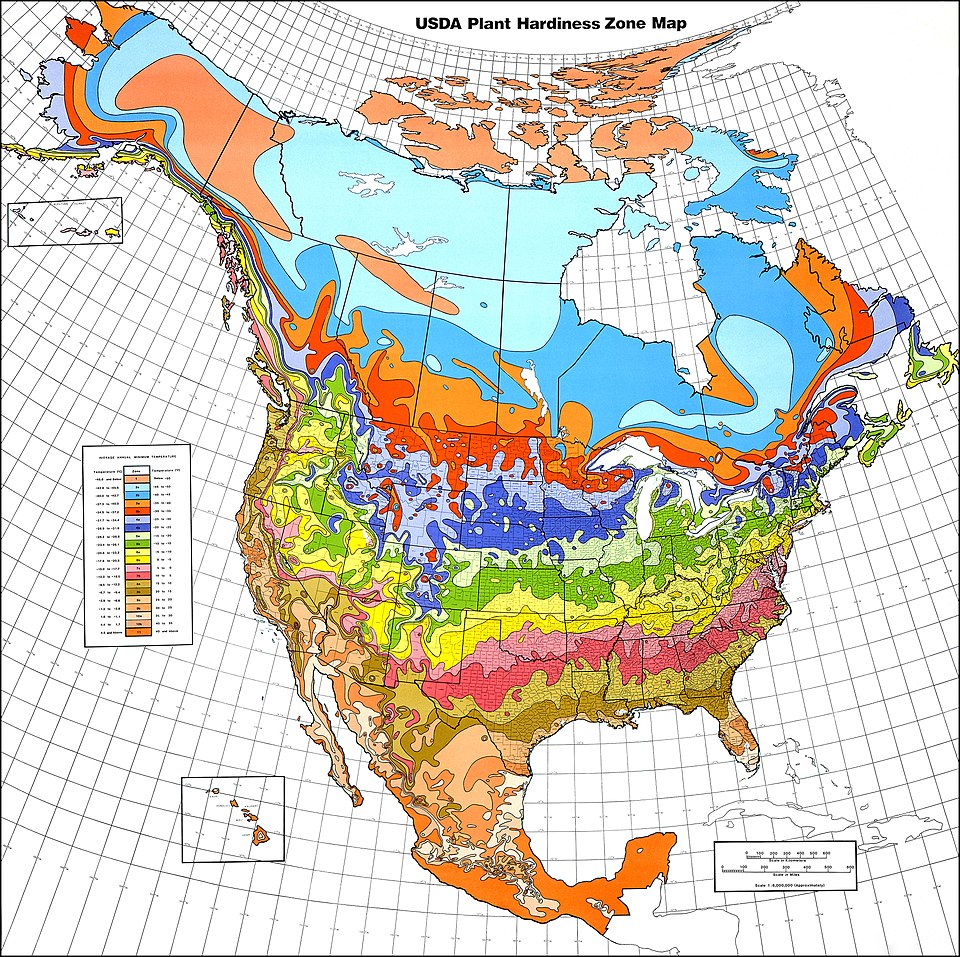Especialidades JA/Jardinería/Respuestas 2
Pest control
When chemical pesticides were first introduced, they were used to the exclusion of all other types of pest control. This had the unfortunate effect of poisoning the environment. In the 1970's this situation was recognized, and Integrated Pest Management (IPM) techniques were introduced. Pesticides are still used, but they are a last resort.
Chemical Controls can be used when all else fails. Selection of a pesticide and a fungicide will depend on the particular pest being combated (which his why proper identification is so important). Sprays are generally more effective than dusts, as nearly all pesticides rely on contact with the pest for their effectiveness. Read the instructions on the chemical containers carefully before using, especially noting whether the chemical is safe to use on food plants. Many times a pesticide will warn against its use for a period of time before harvesting.
Mulch is decomposed plant materials that are used as a planting bed, source of nutrients, and protective top layer that can maintain soil moisture levels and keep heat in.
Hardiness determines the extent to which a plant or tree can tolerate cold or heat. Normally this is measured in cold such as "plant hardiness to 27 degrees." This means that below 27 degrees the plant will begin to be effected by the cold, starting with freezing of leaves and or fruit.
In North America hardiness is classed by hardiness zone (see below). Seed packets usually have a color-coded map on the back showing these zones - and accordingly, an indication of when the seeds should be planted.
Testing germination can be accomplished with a rag-doll test. Note that this is also a requirement for the Seeds - Advanced honor and the Agriculture Honor.
Adventist Youth Honors Answer Book/Germination testing
When preparing vegetables for market, consider the following attributes:
- Ripeness
- Choose vegetables that are at their optimum ripeness.
- Color
- Bright colors are more attractive to buyers than dull colors.
- Size
- Consumers do not like vegetables that are too small or too large.
- Shape
- Look for vegetables that have a "regular" shape.
- Injury
- Choose vegetables that are free from injury.
- Cleanliness
- Wash and trim them before taking them to market.
A vegetable storage bin is a small cabinet with compartments for vegetables. They are often equipped with a wire mesh door to allow air to circulate. Some use solid doors to keep the inside of the bin dark (potatoes will sprout if exposed to light). Some have dark compartments as well as airy compartments to support different types of vegetables.
You can find free plans for a combination bin online at http://www.woodworkersworkshop.com/cached_files/27838_files/
References

